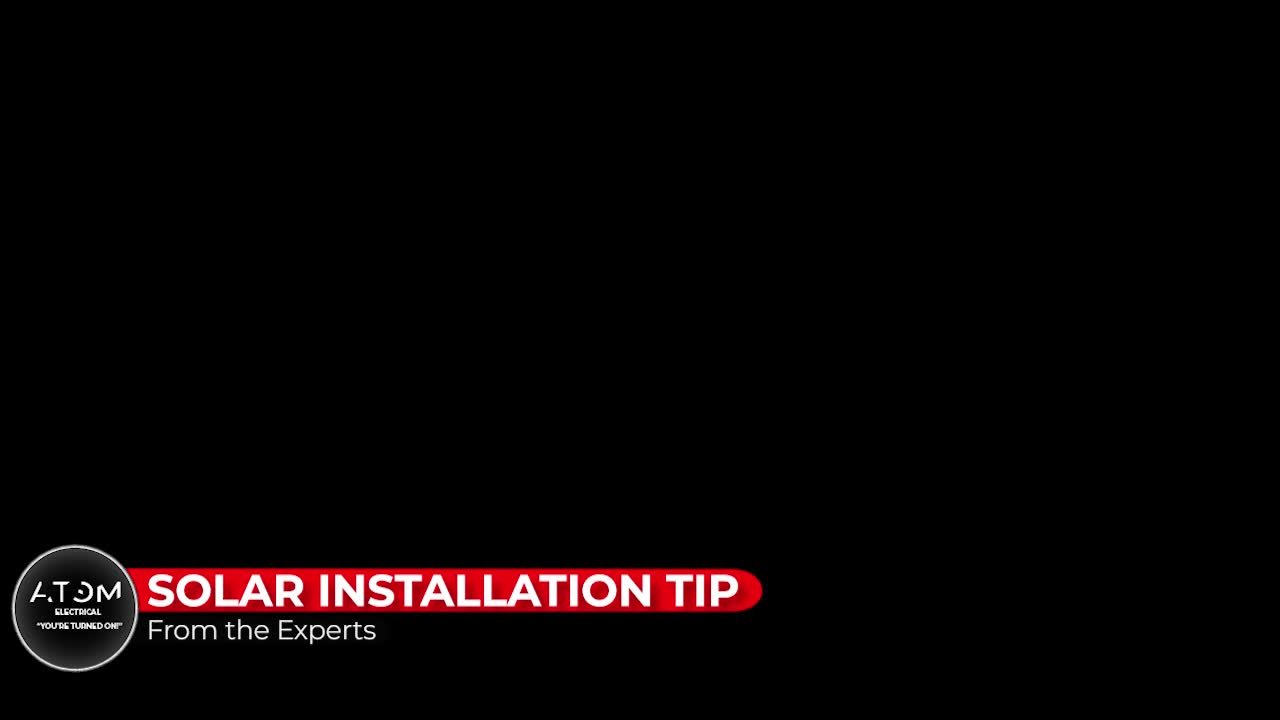Solar Installation Regulation in South Africa
As the demand for renewable energy sources continues to rise, solar installations have become increasingly popular in South Africa.
The harnessing of solar power offers numerous benefits, including reduced carbon emissions and energy cost savings. However, when it comes to solar installations, one crucial aspect that must not be overlooked is proper conductor colour coding. This practice is essential for ensuring safety, compliance with industry standards, and efficient maintenance of solar systems.
In this blog post, we highlight the importance of proper conductor colour coding in solar installations across South Africa.
Safety First: Understanding Conductor Colour Coding:
Conductor colour coding is a standardized system that uses specific colours to identify and differentiate electrical conductors in solar installations. It plays a vital role in promoting safety by clearly indicating the purpose, voltage levels, and function of each conductor. Adhering to proper colour coding guidelines helps installers, maintenance personnel, and emergency responders quickly identify and work with electrical circuits, minimizing the risk of accidents, injuries, or damage to the system.
Compliance with Industry Standards: South Africa has established comprehensive regulations and industry standards for solar installations to ensure the safety and reliability of renewable energy systems. These guidelines include specific requirements for conductor colour coding. Compliance with these standards is not only mandatory but also essential for obtaining necessary certifications and approvals. Proper conductor colour coding is an integral part of demonstrating adherence to these regulations and ensures that solar installations meet the highest quality and safety standards.
Efficient Troubleshooting and Maintenance: Solar systems are complex, with numerous components and interconnections. In the event of a malfunction or maintenance requirement, having a well-organized and properly colour-coded wiring system significantly simplifies the troubleshooting process. The ability to quickly identify and trace individual conductors reduces downtime, speeds up repairs, and improves overall system reliability. It also facilitates routine inspections and preventive maintenance, allowing technicians to efficiently identify and rectify any issues, thereby maximizing the performance and lifespan of the solar installation.
Key Colour Coding Guidelines for Solar Installations: To ensure compliance and safety, it is important to follow the established colour coding guidelines for solar installations. The most commonly used colours for solar conductors in South Africa are:
- Black or Dark Blue: These colours are typically used for conductors carrying direct current (DC) negative (-) connections.
- Red: Red conductors indicate positive (+) DC connections.
- Green: Green is reserved for the protective grounding conductor, which is crucial for maintaining electrical safety and preventing electrical shocks.
- White or Light Blue: These colours are generally used for alternating current (AC) conductors.
- Yellow: Yellow conductors are reserved for AC conductors that are not part of the main power distribution.
It is important to note that while these colours are widely accepted, it is always recommended to consult the latest industry standards and regulations to ensure compliance with any updates or changes.Conclusion:Proper conductor colour coding is an essential aspect of safe and compliant solar installations in South Africa. By following established guidelines, installers and maintenance personnel can enhance safety, comply with industry standards, and streamline troubleshooting and maintenance procedures. Investing in well-organized and clearly colour-coded wiring systems not only protects individuals working with solar installations but also contributes to the long-term reliability and performance of renewable energy systems. Let us prioritize proper conductor colour coding to ensure the growth of a sustainable and safe solar energy sector in South Africa.
Do you need a professional, registered solar installer? Contact Atom Solar today at 0662270396!



